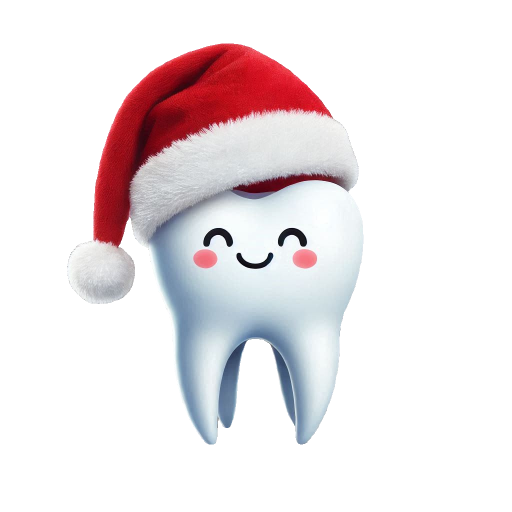Pregnancy is a wonderful phase in a woman's life, brimming with anticipation as her body readies itself for the arrival of a new life. Throughout the nine months of pregnancy, a woman's body experiences numerous changes that can impact the health of her teeth.
The importance of dental check-ups during pregnancy is not given enough attention, even though hormonal changes during pregnancy can have a significant impact on oral health. During this period, women may become susceptible to certain dental problems such as gingivitis, tooth decay or other oral infections. These can threaten the health not only of the mother but also of the developing foetus, so regular dental check-ups are particularly important during this period.
Hormonal changes and gingivitis
Progesterone and oestrogen levels rise during pregnancy. These hormones cause the gums to react with an inflammatory response to even a small amount of plaque. This, if left untreated, often leads to more serious gingivitis. One of the early signs of gum problems is bleeding gums, caused by the bacteria responsible for plaque formation on the teeth. Inflamed gums can cause pain, bleed more easily and in more severe cases can lead to periodontal disease. Periodontal disease can increase the risk of premature birth and the chance of a low birth weight baby being born. Regular dental screening will therefore help to detect and treat the problem early.
Below are the early symptoms of gingivitis. If you experience any of these, you should visit our practice as soon as possible!
- Gums that appear more reddish.
- Bleeding gums when brushing teeth or biting (e.g. when eating apples)
- Swollen gums
- Sensitive gums
Tooth decay and the spread of bacteria
Eating patterns often shift during pregnancy, as expectant mothers may find themselves craving sweets more frequently, leading to a higher risk of tooth decay. Additionally, vomiting and reflux associated with pregnancy can harm tooth enamel due to stomach acid, further elevating the risk of decay. Routine dental check-ups are essential to prevent the progression of tooth decay, and our team is available to offer pregnant women the guidance they need to uphold healthy oral care practices.
Oral infections and their impact on the foetus
Oral infections, including periodontal disease and untreated tooth decay, not only threaten the health of the mother, but can also be linked to premature birth and other pregnancy complications. Bacteria from oral infections can enter the bloodstream and reach the placenta, which can put the foetus at risk.
Dental procedures during pregnancy
Numerous women hesitate to seek dental care during pregnancy, despite the fact that it can be safely performed starting in the second trimester. While significant procedures should ideally be delayed until after delivery, minor treatments and effective plaque removal are crucial for sustaining good oral hygiene. Our dentists prioritize the safety and well-being of every mother, ensuring they receive the highest level of care and attention.
What oral care habits should pregnant women pay particular attention to?

- Following morning sickness, it is crucial to wait at least an hour before brushing your teeth after vomiting. Since stomach acid can weaken tooth enamel, brushing right away can exacerbate this damage. Instead, consider rinsing your mouth with water or using a fluoride mouthwash that is alcohol-free.
- Opt for healthy snacks and minimize sugary foods during meals to lower the risk of tooth decay.
- Brush your teeth twice a day for at least 2 minutes with fluoride toothpaste.
- Opt for floss and fluoride mouthwash rather than alcohol to help prevent plaque accumulation.
- Stopping smoking is highly recommended, as it can damage not only your own gums but also your baby's health.


